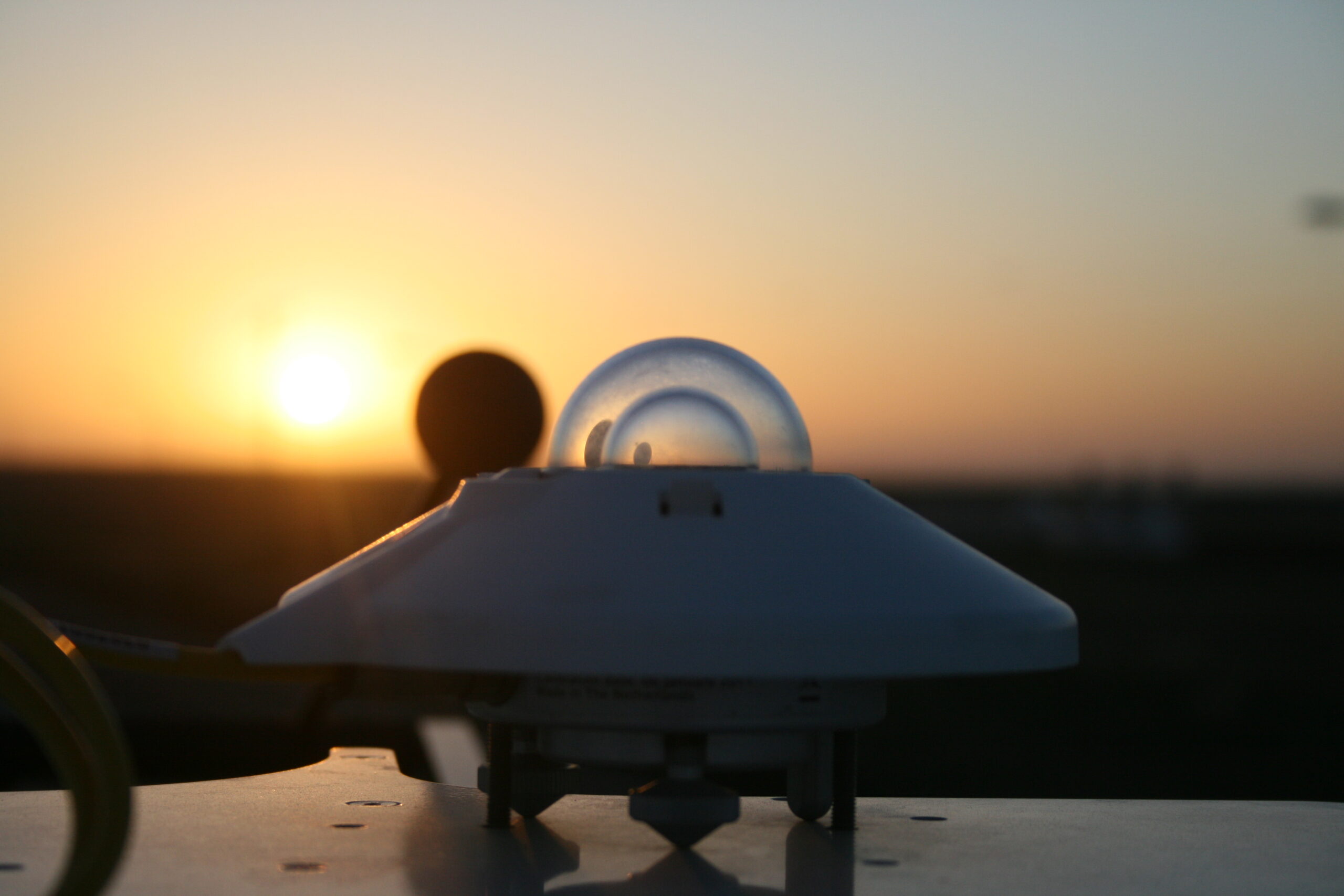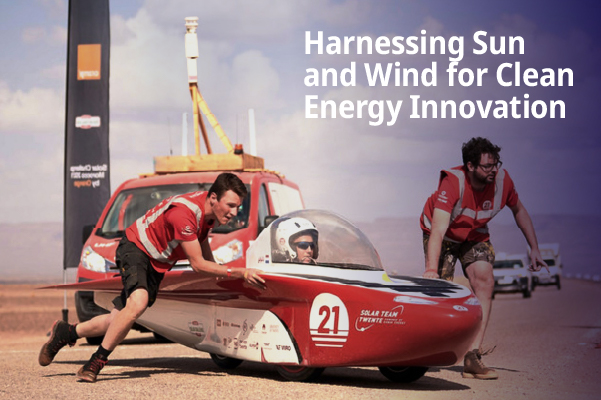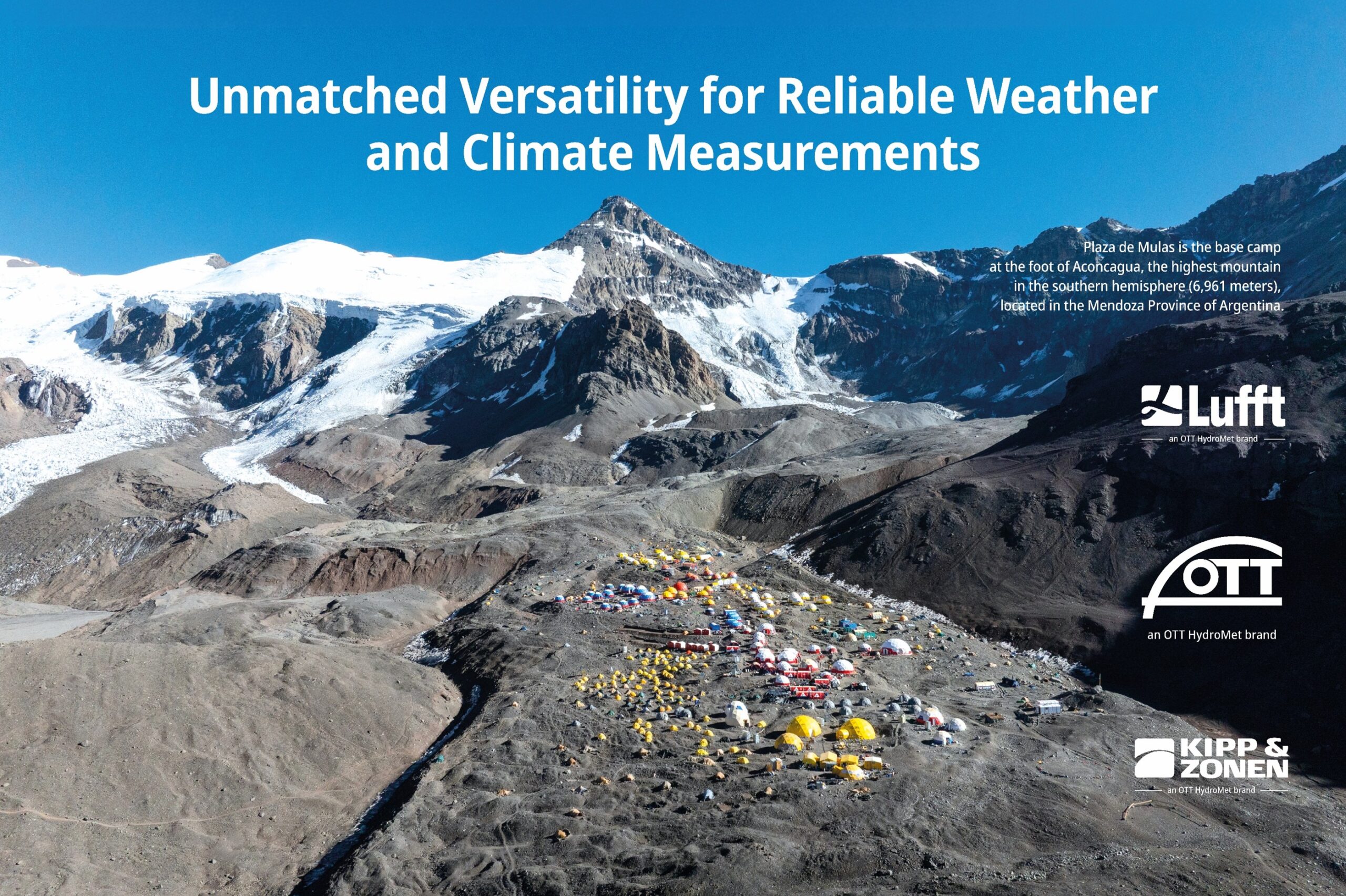Climate change is on everyone’s lips. There’s hardly a single news broadcast or international conference in which the subject is not brought up. But how will climate change affect our lives on Earth, and what will be different? Up until now, one thing has been clear: we are facing a rapid warming of the Earth.
Photo-Credit: lassedesignen – Fotolia.com
Climate change is on everyone’s lips. There’s hardly a single news broadcast or international conference in which the subject is not brought up. But how will climate change affect our lives on Earth, and what will be different? Up until now, one thing has been clear: we are facing a rapid warming of the Earth. In the last 100 years, the average global temperature has increased by about 0.74 degrees Celsius. This is due to our modern way of life in an industrial society. High greenhouse gas emissions have been caused by the combustion of coal and gas and through deforestation and large-scale livestock farming. Carbon dioxide is responsible for more than half of the greenhouse effect. The natural greenhouse effect is necessary for life on our planet. The average temperature on the Earth’s surface is 15 degrees Celsius. Without the natural greenhouse effect, it would be minus 18 degrees Celsius. Gases, such as carbon dioxide, function as a membrane, which lets through short-wave radiation from the sun and blocks long-wave radiation from reaching the Earth’s surface. The principle is similar to a greenhouse – hence the name.
The United Nations and the World Meteorological Organization jointly launched the UN IPCC in 1988. It has an important function: it evaluates and puts together every study relating to climate change. The results are published regularly in a climate report. The most recent report was published in 2007. Its central insight was: humanity is the main cause of climate change. However, there are significant and important measures we can take to stop it. In the first instance, the focus should be on energy efficiency and the use of energy sources which don’t create greenhouse gases. But everyone can do their part on a small scale to make a difference. When buying new refrigerators and washing machines, we should pay attention to their energy consumption. It also makes sense in the long run to switch to a green electricity provider. In order to avoid unnecessary transport of goods, we can look for regional goods when shopping. These small changes in living habits contribute substantially to protecting the environment.
Short extract of the modulare concept of the WSx – product family (automatic weather stations)
Meteorologists and scientists use a wide variety of weather stations for long periods of observation and assessment of climate forecasts. They measure temperature, precipitation type, precipitation intensity, air pressure, humidity, wind speed, wind direction or global radiation amount, among other things. In this field, Lufft offers weather stations from the WS product family with professional and intelligent measurement transducers with digital interfaces for environmental applications. Its different models are used worldwide to enable precise observation of the climate.




